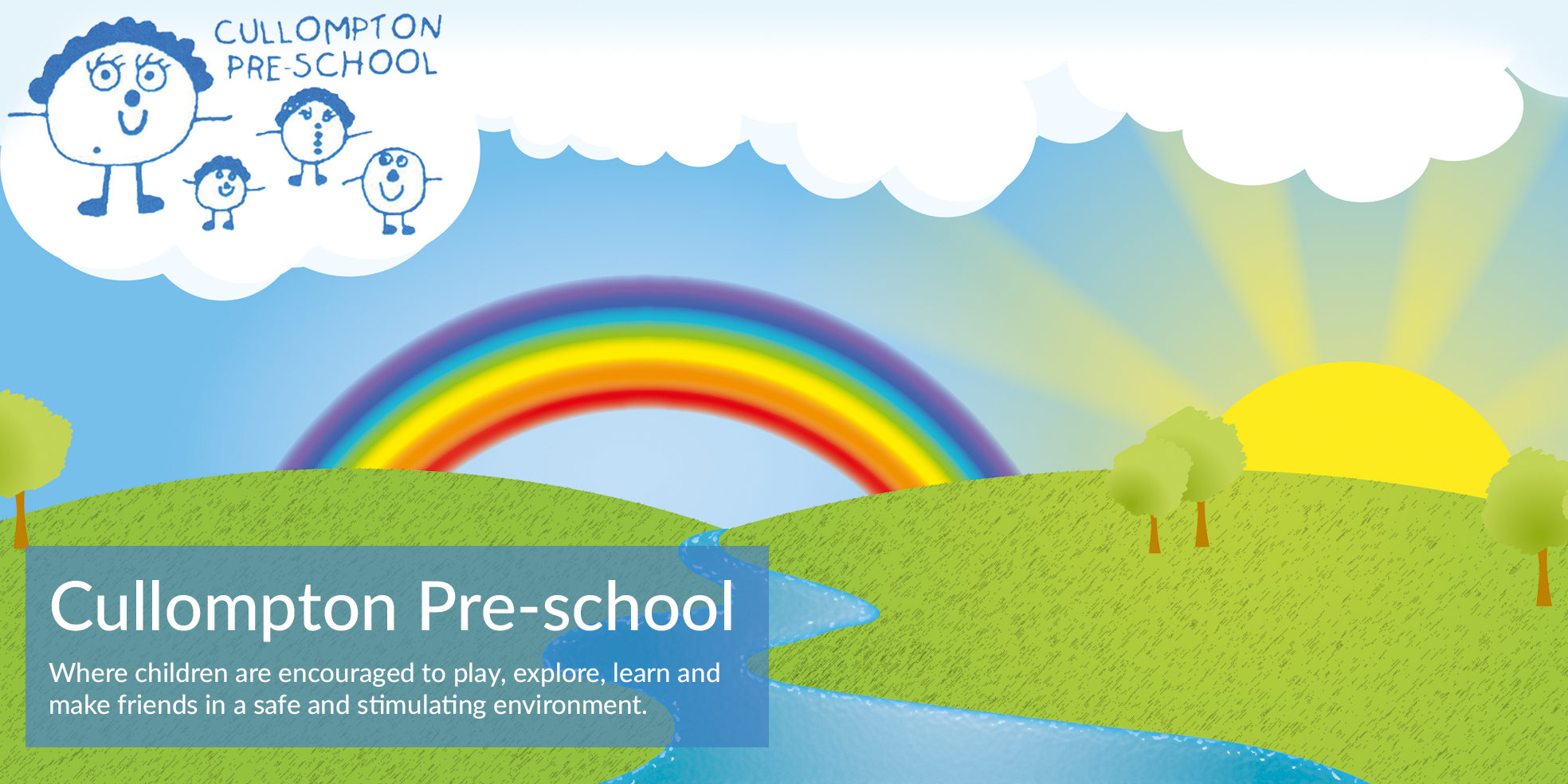We love to celebrate all the differences between us, there are many languages in our community and many different cultures that we enjoy learning about during our time at pre-school. We work hard to collect information from you when you register, at home visits and at session visits so that your key person understands as much as they can about your culture, your place of birth, language and celebrations and useful words to help your child settle.
Example questions:-
Is you child speaking their home language well?
How many languages are spoken at home?
Tell us about special religious or cultural festival days?
Do you telephone or facetime relatives in another country?
What language do you read/watch TV/listen to the radio in?
Are there any special dietary requirements or health info for your family for religious reasons?
Please tell us more about your family and place of birth?
Please share favourite recipes with us for snacks that we can incorporate here to make your child feel welcome?
Here is a list of actions we have set up for our pre-school to ensure we are welcoming, inclusive and celebrating all families equally in line with the British Values of Democracy, Rule of Law, Individual Liberty, Mutual Respect and Tolerance and our own ethos and values – every child matters and racism or discrimination of any type is not tolerated.
In addition we have a reading app called Polylino which reads stories in home languages for children in our setting.
| Gain more information from EAL families at registration
Languages, Religion, Festivals |
| How do we support EAL parents to understand our setting |
| Introduce the new EAL checklist to ensure parents understand how we celebrate multilingual skills and how we support children to learn English here. |
| Learn specific EAL greeting for each child
Print and display |
| Create a display for celebration of languages and with notes to fill in and books we have and languages we speak |
| How do we encourage children to develop their home language in our setting? |
| Hand out bilingual babies to all families in their own language |
| Use and review EAL assessment sheets termly and file in KP folders |
| Ensure all letters are on the website for translation |
| Source EYFS in Polish for parents
Source translation service Invite parents of forest school children in to look at the area and to explain the rules so they can translate and help their children ahead of Forest School sessions. |
| Consider Bi-literacy – can parents read or write in English – ask the question to improve our communication |
| Set up an EAL nurture group to allow children to listen to peers speaking their home language and support children to hear English in a quieter environment and in smaller groups |
| EAL next step to be handed out in addition to the EYFS next step from assessment tool |
| Visual timetable |
| Use this audit sheet as the EAL agenda items at every staff meeting |
| Staff to learn key words in relevant language at sept staff meeting |
| Display photos of each church and wedding pics to represent different cultures/places |
| Display more languages on the walls |
| Celebrate different foods from other cultures |
| Collect packaging from other languages and save for our multi cultural shop |
| Listen to more songs online in relevant languages |
| Invite parents in to read a story in their home language, or to sit with their child during an English story to support in home language |
| Use Alexa for listening to languages |
| Ask parents what they are celebrating in their culture |
| Ensure cognitive challenge is kept high |
| Adults be close to children, at their level and opposite to support learning English – be clear and repeat words back. |
| Slow down talking and singing |
| Use visual support – objects, gestures with words – simple words |
| Adults to use the same number of words in interactions as the child can use. |
| Be aware for SEN in EAL and refer if needed |
| Provide activities which offer chances to us communication – figures in block play |
| EAL books – dual language books on display and use alongside English books |
| Ask the schools what they expect and do to support EAL children |
| Review what makes the difference |
